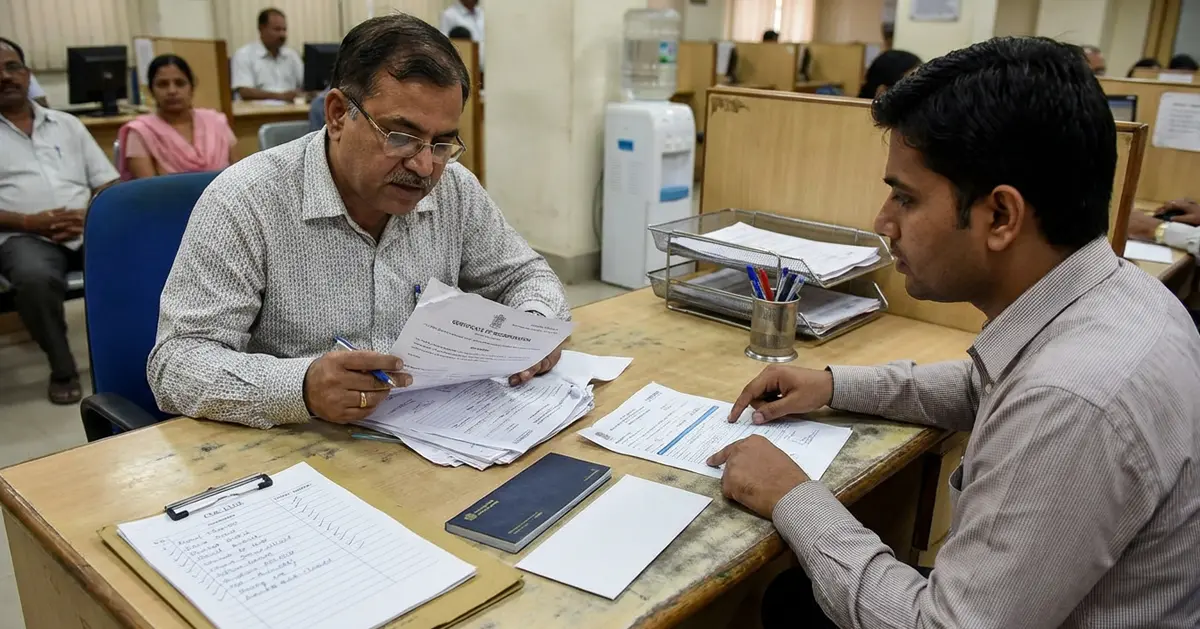A Limited Liability Partnership (LLP) is a unique business structure established under the Limited Liability Partnership Act, 2008. It is a corporate body and a legal entity separate from its partners. In simple terms, an LLP is a hybrid model. It combines the operational flexibility and ease of a partnership with the significant advantage of limited liability, a feature typically associated with a private limited company.
In a traditional partnership, partners are personally liable for the debts of the business. This means their personal assets are at risk. In an LLP, the liability of each partner is limited to the amount of capital they contributed to the business. This separation of personal and business liabilities is the cornerstone of the LLP structure.
Some key features of an LLP include:
- Separate Legal Entity: An LLP is a legal person in the eyes of the law. It can own property, sue, and be sued in its own name.
- Limited Liability: The personal assets of the partners are protected from the business's debts and losses.
- Perpetual Succession: The LLP continues to exist even if there are changes in its partners. The entry or exit of a partner does not dissolve the LLP.
- Ease of Formation and Management: The process for LLP firm registration in Punjab is simpler and has fewer compliance requirements compared to a private limited company.
- No Minimum Capital Requirement: Partners can start the LLP with any amount of capital contribution.
- Tax Efficiency: LLP profits are taxed only at the entity level, and there is no Dividend Distribution Tax (DDT) on profit sharing among partners.











